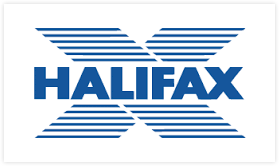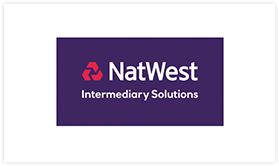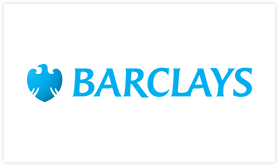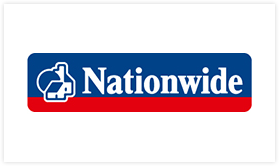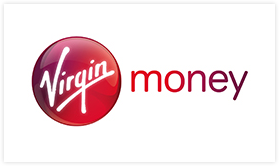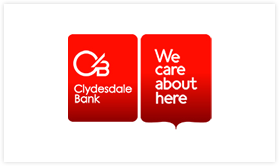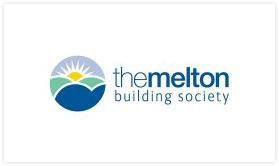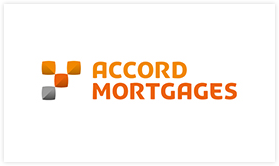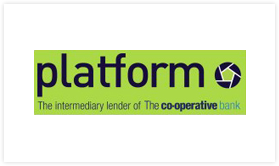Buy To Let
What you need to know
Buy to let loans can seem a little intimidating and complicated, but as long as you have the right information, it doesn’t have to feel as daunting as you might think. The rules around buy to let mortgages are quite similar to regular residential mortgages. However, there are some key differences.
Who can get a Buy to Let mortgage?
To be eligible for a buy to let mortgage:
- You want to invest in property
- You understand the risks of investing in property and can afford to take those risks
- You are a current homeowner
- You have a good credit record
- You earn over £25,000 a year, some lenders do not have a minimum income requirement
How do the Buy to Let mortgages work?
Some of the differences in a Buy to Let mortgage:
- Any associated fees can be higher than a regular mortgage
- Interest rates tend to be higher
- A larger deposit of at least 20% of the property’s value is often needed, compared to 5% for other mortgage types
- A lot of buy to let mortgages are interest-only
How much can you borrow on a Buy to Let mortgage?
As a buy to let mortgage is associated with property investment and how much you would get as income, how much you can borrow can vary. The highest amount that you’d be able to borrow is related to the rental income that you expect to receive, so it can vary from location to location, as well as property type.
How would a mortgage broker help me?
It can be a good idea to talk to a local mortgage broker before you commit to any buy to let mortgages. We are experienced in this area, and can advise what the most suitable buy to let mortgage would be for you in your circumstances, along with the potential income that could come from owning a buy to let property.
Planning in case there is no rental money being received
Although you are likely to find tenants for your properties, if recent events are anything to go by, you can’t always presume that you will be getting rent coming through. You will need to have somewhat of a financial cushion to lean on in order to meet mortgage repayments when you don’t have tenants. Putting the rent that you do have coming through into savings can be good for times like these, as well as for necessary repairs.
Don’t rely on selling the property in order to pay your mortgage
It can be easy to think that you will just be able to sell the properties that you have in order to pay the mortgage, should you need to do so. House prices can be volatile and you might not be able to get as much money as you would like for it. This can leave you with additional costs to meet the difference.
Buy To Let tax implications and advantages
- If you are a basic rate taxpayer, then something like Capital Gains Tax on any buy-to-let properties is charged at 18%. If you are a higher rate taxpayer then that goes up to 28%.
- When it comes to income tax, the income you get from the property should be declared on the Self Assessment tax return. This will be taxed at varying rates, depending on your tax band.
Think carefully about securing other debts against your home or property. Your home or property may be repossessed if you do not keep up repayments on a mortgage or other debt secured on it. Information is based upon our current understanding of taxation legislation and regulations. Any levels and bases of, and reliefs from taxation, are subject to change.
Some forms of buy to let mortgages are not regulated by the Financial Conduct Authority.


